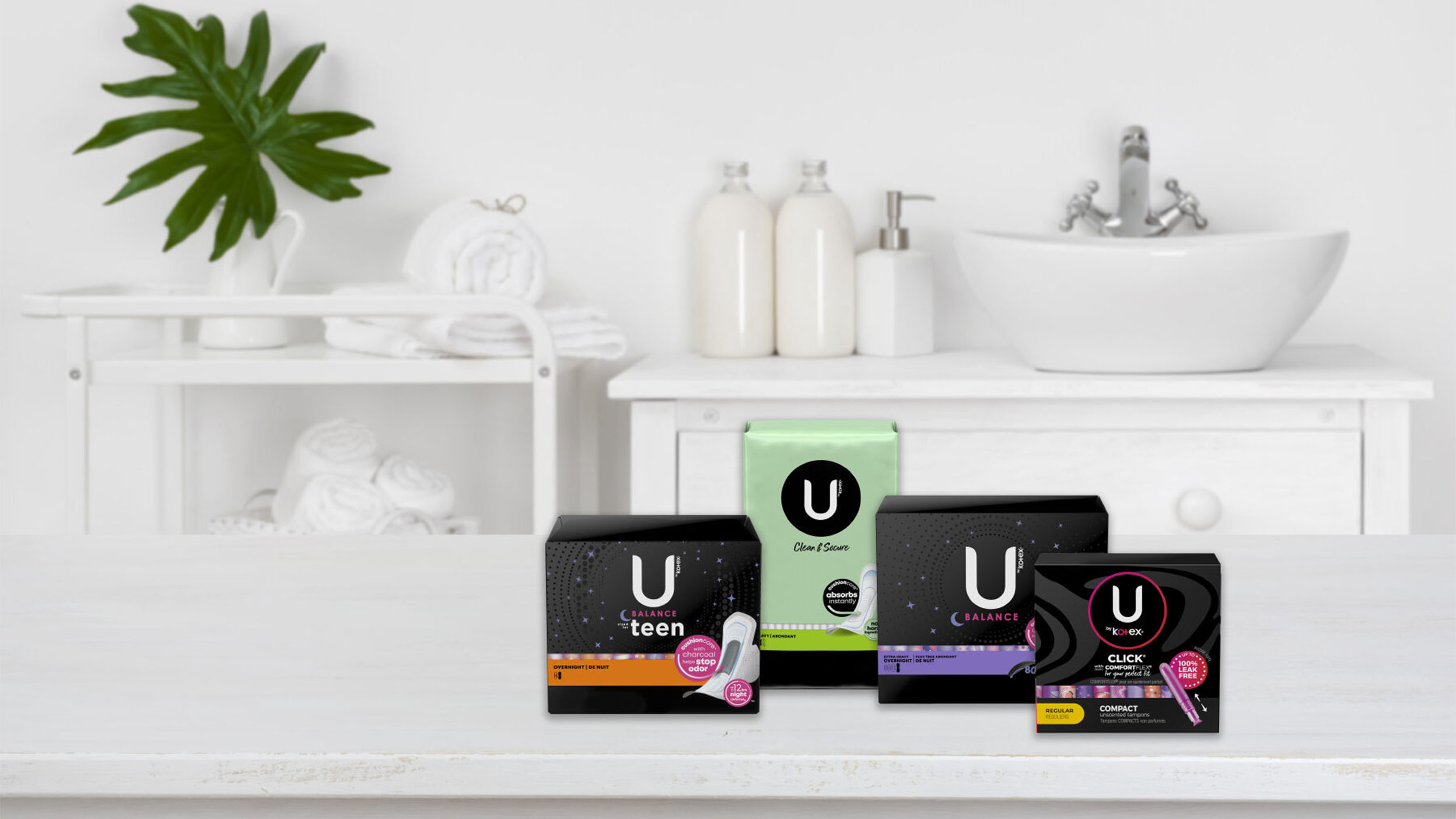Our Commitment to Product Safety
OUR COMMITMENT TO SAFETY
At Kotex, nothing is more important to us than the wellbeing of our consumers. Safety and quality always come first, and we are proud of our long track record of producing safe and effective products that adhere to rigorous quality requirements and standards.
For over 100 years, we have been a trusted brand providing the comfort, confidence, and care our consumers expect – and deserve. We take this trust very seriously and work hard to earn it every day.
Trust begins with transparency. That is why we maintain a publicly available Restricted Substances List that explicitly sets out our commitment to safeguarding consumers from exposures to potential ingredients of concern.
INGREDIENTS WE DON’T USE IN OUR PRODUCTS
We prohibit the inclusion of certain substances, including heavy metals such as lead, mercury, arsenic, and cadmium in our manufacturing processes for all of our products globally. This means that at no point do we add these substances to our products.
You may have seen media headlines related to a study published in July 2024 reporting the alleged presence of trace levels of metals in a wide variety of different tampon brands.
We want to be clear – we do not add heavy metals to our Kotex products. In fact, we prohibit them in our manufacturing processes.
As noted by the Center for Baby and Adult Hygiene Products (BAHP) , the amounts found in the study are also consistent with amounts naturally found in water, soil and air, and do not pose a health risk.
HOW WE SOURCE OUR MATERIALS
In addition to our own high standards of manufacturing and production, we require our vendors and suppliers to ensure that they too are in compliance with our Restricted Substances List when providing us with the raw materials used in the production of your period products. We expect our suppliers to directly share in the responsibility to help ensure that all specified safety, compliance, and quality requirements are met or exceeded.
OUR TEST PROTOCOLS
In the United States, tampons and menstrual pads are classified as medical devices and their safety is regulated by the FDA. In addition to adhering to the FDA regulations, we also test our products against standards such as ISO-10993, which are internationally recognized safety standards for medical devices. We use independent, third-party labs to test our products following ISO-10993. Beyond knowing what is in our products, this ensures that the products women rely on are safe for their intended use. All of our tampons and pads for US consumers are manufactured in FDA registered facilities, which are subject to medical device manufacturing controls as well as FDA inspection oversight.
OUR ONGOING EFFORTS TO SET THE BAR HIGH FOR WOMEN’S HEALTH
Kimberly-Clark is a champion for women’s health and active participant in developing a harmonized international standard for performance and safety requirements for all menstrual products.
As part of this important work, Kimberly-Clark is part of the United States delegation to the International Standards Organization (ISO) Technical Committee 338, which is an international effort involving the top experts and advocates for menstrual health, including scientists, government authorities, international standards organizations, non-profits and NGOs, industry association groups, and manufacturers of menstrual products to standardize the performance and safety requirements for all menstrual products.
Kimberly-Clark volunteers its technical expertise in menstrual product scientific research, quality, and product safety, to the committee. We are proud of this work, which reflects our commitment to women’s health and wellbeing as well as our mission of providing better care for a better world.
For additional information on ISO/TC 338 Committee, please see ISO/TC 338 - Menstrual products

